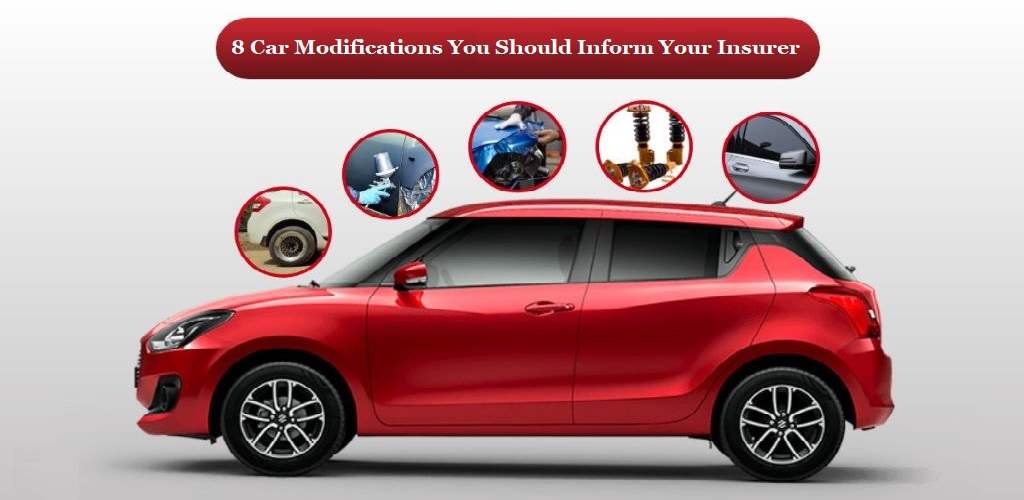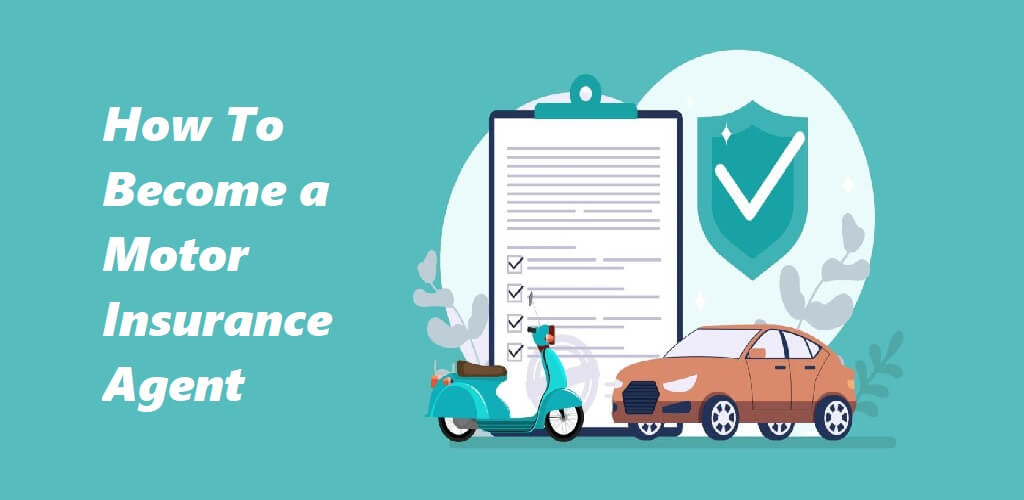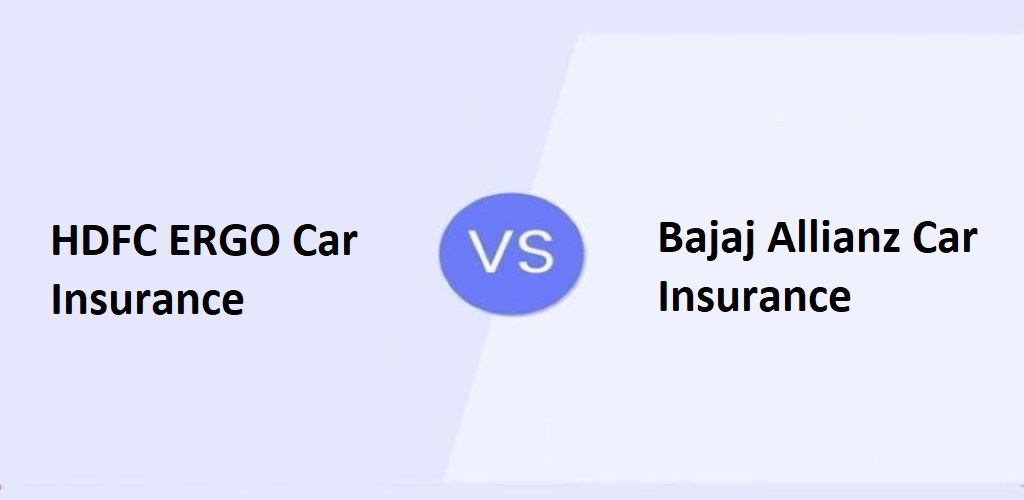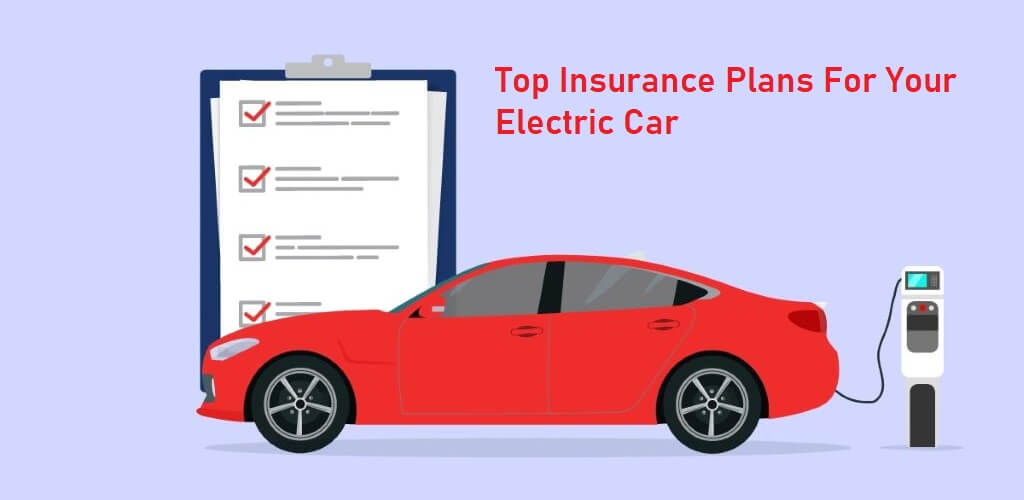Have you ever considered getting a car, but the high costs have caused you to second-guess your choice? You are not alone, though, and there is a solution for this particular issue, i.e., car rental insurance. Due to the growing pollution in urban areas, cars are now more of a need than a luxury. Therefore, the convenience is increased when you have one available. It’s also made easier by renting a car, as you won’t have to worry about maintenance, large loan repayments, or other commitments.
Significance of Car Rental Insurance Cover
Rental car insurance is essential since it protects you from vehicle damage and third-party liability in the event of an accident.
Super Collision Damage Coverage can guard against physical harm to a vehicle and its components, including windows, engines, windshields, and other equipment. If any accident results in injury to you or any other occupant, your personal insurance policy can cover medical costs.
In a similar vein, having roadside assistance insurance will spare you from annoyance if your rental vehicle breaks down, runs out of gas, or gets a puncture. You are protected from third-party obligations by third-party liability coverage, and you can raise the maximum limit of this coverage by acquiring Supplemental Liability Insurance. Uninsured motorist protection will pay for damages if you are involved in a collision with an uninsured person.
Choosing comprehensive protection coverage will provide you with the same level of protection as all of the aforementioned coverages combined. It covers harm to the vehicle, theft of the rented car, repair expenses, and other expenditures related to filing a claim with the car rental insurance.
What is Covered Under Insurance for Rental Vehicles?
Compared to personal insurance for cars, rental car insurance operates differently and is a whole new game. The benefits and coverage of rental car insurance differ based on the rental business and the rental location, so it’s not as simple as conventional car insurance.
The kinds of coverages available in rental car insurance are as follows:
Collision Damage Waiver (CDW):
As the name implies, a collision damage waiver protects you from vehicle damage. Keep in mind that CDW only pays for damage to the bodywork; it does not cover damage to the battery, tyres, windshield, interior damage, engine, or gearbox. Damages to the vehicle resulting from careless or intoxicated driving are also not covered.
Theft Protection:
The theft protection coverage will ensure that you won’t be required to reimburse the rental company for any costs incurred if the four-wheeler is stolen. Theft protection also includes coverage for car damage sustained during a theft attempt.
Third-Party Liability:
When driving a rental car, third-party property or human life damages will be covered by the third-party car insurance policy. However, this coverage will not be applicable if it is shown that you violated the laws in such circumstances.
What are the Exclusions Under Rental Car Insurance?
Listed below are the things not included under rental car insurance.
- Damages to the vehicle resulted from using it for nefarious or unlawful purposes.
- Loss incurred as a result of the driver’s underage or conviction for operating a vehicle without a license
- Damages to the driver if the driver is discovered to be operating a vehicle while impaired by drugs, alcohol, or another substance.
- Damages to the vehicle brought on by terrorist acts, conflict, or nuclear activity
- The Rental Car insurance coverage does not cover any damage to the engine of the vehicle caused by an oil leak.
- Damages incurred when mechanical or electrical components malfunction
- Damages to the vehicle brought on by damaged tires or tubes
- The insurance for the rental car is not responsible for paying for any accessories that are damaged as a result of an accident.
How Do I File an Insurance Claim for a Rental Car?
Usually, filing a claim with rental car insurance is a simple procedure:
- Document the Event: Reporting any theft, damage, or accident to the rental provider as soon as possible is advised.
- Alert the Police: If there is any significant damage or theft, report it to the police. Even if the rental company might not require it for minor accidents, it is often safer to have the right documentation.
- Record the Situation: Take photos of the damage, the collision’s other vehicles, the scene of the accident, and any relevant signs or signals.
- Gather Data: Obtain names, contact details, and insurance details from any pertinent third parties.
- Fill out the Claims Form: Complete the claim form that the rental company gives you, making sure to include all relevant incident information.
- Send in Documents: Provide the police record, images, details about other parties, and any other required documentation to support your claim.
- Work together with the insurer: Provide prompt answers to any questions the insurance or the rental company may have for further information or clarification.
- Follow-up: Continue communicating with the rental business and updating them on the status of the claim until it is settled.
- Crucial Advice: To find out what is covered and what to do in the event of an incident, read the terms and conditions of the rental car insurance policy. You should always report incidents as soon as possible to ensure a fast processing and approval process for your claim.
Things to Check Before Buying Rental Car Insurance
When selecting rental car insurance, consider the following crucial factors to make an informed decision:
Maximum Limit of Collision Damage Insurance:
It is advised to confirm the maximum limit of the collision damage. This will depend on the value of the rental car and the rental company. This is because you will be responsible for paying the difference out of pocket if the claim amount exceeds the insurance company’s maximum coverage.
Deductible:
If your rental car insurance has zero deductible coverage, you will not be responsible for paying the deductible; nonetheless, there will be a deductible amount that you may have to pay in order to receive coverage for the damage.
Roadside Assistance Cover:
Verify whether roadside assistance is a part of the rental car insurance’s basic coverage or if it is an add-on.
Check for primary or secondary coverage:
The most popular type of coverage is secondary coverage, which typically includes theft and damage coverage. When using secondary coverage, the rental firm must submit a claim to the insurance provider. The best option for insurance on a rental car is primary coverage, which is compatible with credit cards. The credit card company will handle the claim, so you won’t have to worry about covering any associated costs.
Frequently Asked Questions
Yes, you do need insurance that covers unintentional damage if you are renting a car. Generally, you will receive an incidental damage coverage policy from the car rental company. However, if you have accidental coverage on your car insurance, it will also cover the rental vehicle.
If you don’t already have personal coverage, you can and should purchase rental car insurance to protect yourself against potential liabilities and damages while operating the leased vehicle.
Yes, some credit card issuers offer rental car insurance as a benefit to their customers. Third-party insurers also provide insurance for rental cars.
If your current policy or the basic insurance provided by the rental company does not provide adequate liability coverage, you may consider getting supplementary liability insurance to have additional protection against third-party claims for your car.
A CDW will cover the cost of the rental car’s repairs in the case of an accident or collision, less any applicable deductibles. Additionally, it can cover the loss of usage to the rental business while the car is being fixed.








